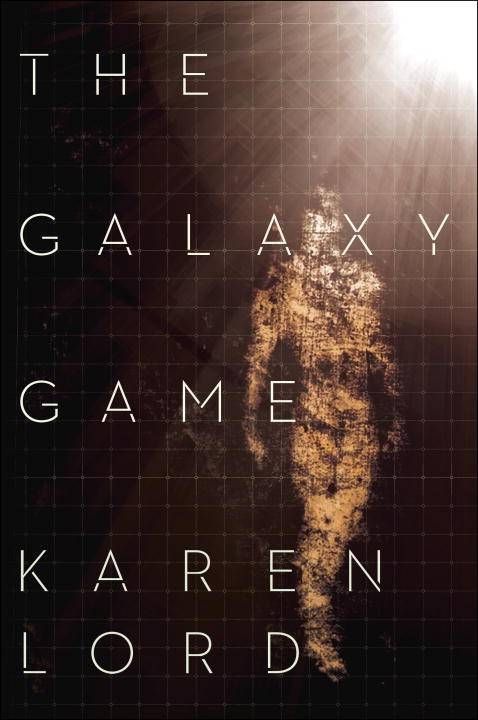
Licensing Limbo: The Fear of Every Manga Fan
I know we have lots of new manga readers here on Panels, but the North American industry has been around for a few decades now. I read my first manga, Battle Angel, in the 1990s. That means there’s a lot of history that people discovering English-translated manga for the first time may not know. It may not extend back as far as that of Western superhero comics, but I still think it’s cool.
There’s a downside to this, though. It’s been more than long enough for manga companies to come and for manga companies to go. It’s also been more than long enough for manga titles to be licensed and for manga licenses to be dropped because the sales didn’t perform. I can’t be mad about this. That’s just business and circumstance. But it leads to a problem.
Licensing limbo.
What’s licensing limbo? I’ll use an example. My beloved Battle Angel, originally released by VIZ, is out of print. The continuation series, Battle Angel: Last Order, is available through Kodansha. Regardless of whether or not the mangaka considers Last Order to be the definitive work, this puts new readers into an awkward position. They don’t get Gally’s (or Alita, depending on which name you know the heroine by) origin story. That makes me sad.
Licensing limbo is when—for whatever reason—a manga series is no longer published. It might mean the company holding the license goes out of business, such as the case of TOKYOPOP. It might mean the company chooses to let the title’s license expire. Or it might mean the company just decides not to publish any more volumes of a series, leaving it incomplete, such as the case of Gintama. Whatever the reason, it means the manga series is no longer available in English.
What’s a manga fan to do? I still don’t know what happens at the end of Eternal Sabbath because I’d been doing some long-term traveling when the final volume dropped. You know how it is. Sometimes you lose track of release dates. Next thing I know, Del Rey Manga closes its doors and it’s not part of Kodansha Comics’ (which is what took its place) current catalog. Yes, I did look up a synopsis of the final volume on the internet and delved into the fandom on LiveJournal to learn the details because not knowing was killing me, but it’s not the same!
Never mind the plight of poor librarians. If they lose a volume or two of a manga series that no longer has an active license or is out of print, what are they supposed to do? Do we expect them to buy replacement volumes from the Amazon marketplace or eBay? Using my local library system as an example, many manga series in their collection are published by TOKYOPOP. If one of those volumes becomes too damaged to remain in circulation, does that mean they must remove the entire series from circulation because there’s no other option?
That’s a shame.
That said, there are some glimmers of hope. Late last year, shoujo manga fans rejoiced when Yen Press announced that they’d rescued Fruits Basket from licensing limbo. A former TOKYOPOP title, Fruits Basket was the top bestselling shoujo manga in the early 2000s. The “shocking” revelation that girls will read comics if you market to them that was so prevalent at the time? A lot of that had to do with Fruits Basket‘s success. In the years since TOKYOPOP closed its doors, Fruits Basket has always come up in conversation about licensing limbo and rescuing titles. So hurray for Yen Press rescuing this beloved, much-requested title!
Another recent change is the availability of manga titles on OverDrive. Kodansha, Digital Manga Publishing, and Dark Horse Comics all have titles available on the service. No, it’s not print. But there has been a noticeable shift toward reading manga digitally, and this makes it easier for readers who obtain comics from their local library. I also bring it up because some companies have plans to make older titles available in this new manga climate and they will be digital only.
There are no easy answers to fixing licensing limbo. It’s simply a reality of the North American manga industry. But between increased digital adoption of manga series and companies rescuing older titles, there’s hope. All I can suggest is that you make your voices heard and you ask companies if they’d consider bringing a certain title over. (Nicely, though!) You never know. If there’s enough of you, it might just work. That’s what happened with sports manga, Kuroko’s Basketball.














